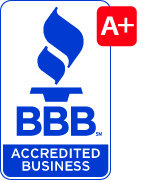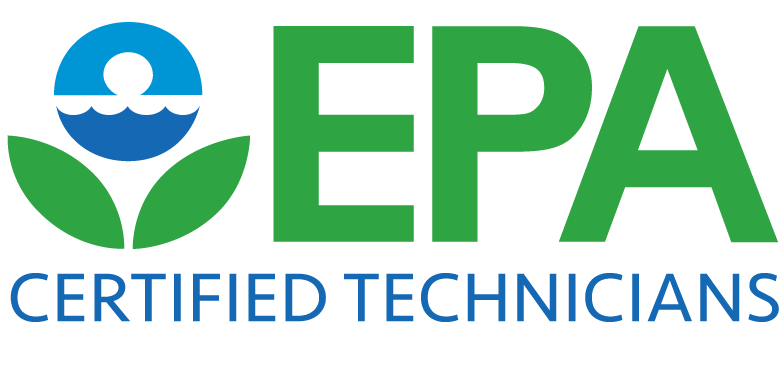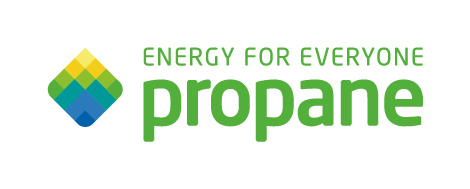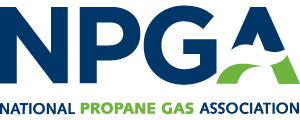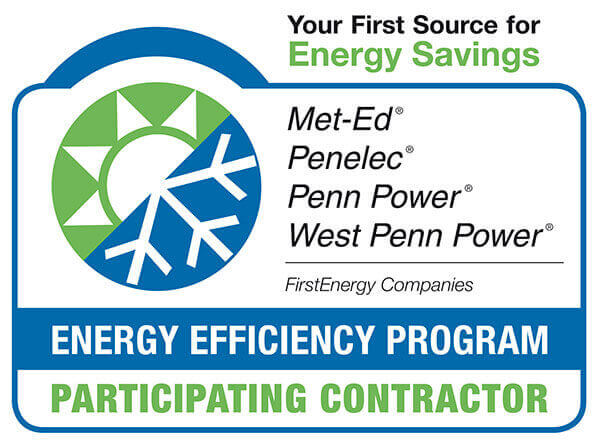FAQs
Q: What does HVAC mean?
A: HVAC is an acronym that stands for heating, ventilation, and air conditioning.
Q: What kind of care do I have to do on my heating and air conditioning unit?
A: The trick to HVAC maintenance is suitable circulation. This suggests that everything that restrains airflow should be quickly dealt with. Things like dust, debris, or dirt should be cleared away. Your air filters should always be clean for proper circulation. A yearly tune-up on your AC should be arranged in the spring season and a yearly tune-up on your heater should be scheduled in the autumn.
Q: Why do I have to replace my air filter?
A: Changing your air filter is just one of the crucial components to a properly working HVAC system. It makes it possible for your system to have air flow. An added benefit is that it also enhances indoor air quality by keeping your home free from dust, allergens, and germs. The frequency of changing your filter varies depending on the type of filter that you buy. Some need monthly replacement whereas, others may need to be replaced more frequently. Additionally, the environment in which you live also makes a huge difference. A professional Tallman HVAC service provider will be able to instruct you on what sort of filter works best for your type of system.
Q: How do I recognize when to replace my air filter?
A: The need to change your filter changes from one house to another. Some home or apartments are dustier or have furry household pets which will necessitate a filter change more often. It is advisable to examine it on a monthly basis. Some properties have to change their filter monthly. Some residences will need to change it every 90 days. This is the case if the home is using a first class quality filter and certain variables that make a filter dirtier more frequently are not present. Regardless, check it once a month and if it looks filthy, then make sure to switch it out.
Q: Should a loud noise coming out of my cooling system and heater be something that worries me?
A: A loud cooling and heating system can be bothersome to you and your next-door neighbors. Even if your unit seems to be running decently, no one needs to know when your system is kicking on or off. This is certainly the case when your unit is in close distance to a bedroom window. Also, noise pollution is a legitimate issue and a noisy HVAC system definitely triggers it. The reason that your system is so noisy is usually because of the following:
- Your unit is older
- The kind of unit you have
- Your compressor-insulted or not
Fortunately, new systems have sound ratings that you can compare and contrast. Most contemporary units are built to be quieter than their earlier counterparts. Sound ratings will guide you as to which model might work most ideal for you. A quieter model will be more suitable if there is a bedroom nearby.
Q: I have heard of the real dangers of carbon monoxide. Is this something I might be worried about?
A: When you have a carbon monoxide leak in your house, it is an unsafe predicament. It can produce serious health risks, involving fatalities. CO is not something that you can see or detect. Don’t forget to get a CO alarm in your house. Additionally, you can help prevent a risky problem like this by having an HVAC contractor conduct suitable upkeep and care on your unit.
Q: What are the reasons for indoor air pollution?
A: Indoor air pollution is a problem that should be addressed by all homeowners. This is specifically the case for property owners who have a newly constructed home. These homes are built so tightly that they do not ventilate as well as older homes do. A tightly built home allows the highest energy efficiency. Nevertheless, it implies that property owners ought to have a whole house ventilation system to prevent being exposed. Contributors to indoor air pollution are:
- Carpets
- Home furniture
- Drapes or curtains
- Upholstery
- Chemical cleaning items
These items emit fumes and gases that build up. The accumulation of these gases and fumes is the primary cause of indoor air pollution.
Q: How does my HVAC system push air all over my home?
A: An HVAC system uses a fan to pull air in. The air that is drawn in is then pushed to your air handler. Once it has warmed or cooled down the air, then it moves it back through your ducts and through your vents. Vents or registers are typically positioned on your walls, ceilings, or floor surfaces.
Q: Should I cover my outside unit throughout the winter weather?
A: Your exterior unit should not be covered during the winter. Regardless of whether a blizzard is expected, your machine can handle it. These heating and cooling systems are built to endure even the coldest of weather. Covering it can cause some unexpected issues. If an individual were to mistakenly start up the air conditioning unit, it can ruin the condenser and its components.
Q: What should I turn my thermostat to: on or auto?
A: You need to utilize the ‘auto setting’. This means that air will be circulated throughout your home on an ‘as need’ basis. It is the more energy efficient setting of the two. When you set your thermostat to the ‘on’ position, it runs constantly. Although this provides an even temperature within your home, it also uses a lot more energy. It is a good idea to use the ‘auto’ setting so that you don’t have great home heating and cooling charges.
Q: How can I make my system work a bit more efficiently without having to replace it?
A: Even when you don’t want to upgrade your system, there are a number of tasks that you can do to your current unit that will help it operate more successfully. A couple of them are listed below:
- Don’t forget to schedule a tune-up in the spring season and in the autumn. Research studies show that people who carry this out save about 5%-10% on their energy expenses.
- Change out your dirty air filters. A dirty air filter drastically affects the level of power that your system requires to operate. A dirty air filter will make your system work harder which costs you more. You should really get high quality energy efficient filters. They keep your system cleaner while improving energy efficiency and improving indoor air quality.
- Don’t block off or close your air vents. The trick to a more energy efficient system is proper air flow. Your unit has to breathe in order for it to perform its job.
- Keep your exterior unit unobstructed and clutter-free. Eliminate anything that might obstruct air circulation surrounding your system.
Q: I just bought a new cooling and heating system. Should I have a programmable thermostat put in also?
A: House owners are becoming more cognizant of the energy use in their homes. A simple apparatus, like a programmable thermostat, is assisting house owners become more knowledgeable about their home heating and cooling costs. It lets house owners to change the temperature of their property based on their needs and schedules. This saves them a considerable amount of money due to the fact that they do not need to try to remember to turn the thermostat up or down just before going out of the house or right before going to sleep. In the hustle and bustle of life, many people fail to remember to do this. As an example, you can adjust your thermostat to heat up your home before you wake up in the morning instead of waiting for you to get out of bed to do it. You can also do this before you get home from your job. It is quite a convenient, economical device.
Q: Can I shut doors and air vents to rooms that aren’t regularly used?
A: Do not shut rooms or vents. Regardless of the fact that it might feel like common sense, it is a waste of your money. Your unit is matched to the duct system in your house. When you block air vents, it produces a lot of pressure and ramps up your blower, the center of your HVAC system. This will make it less efficient and raises your home utility costs.



